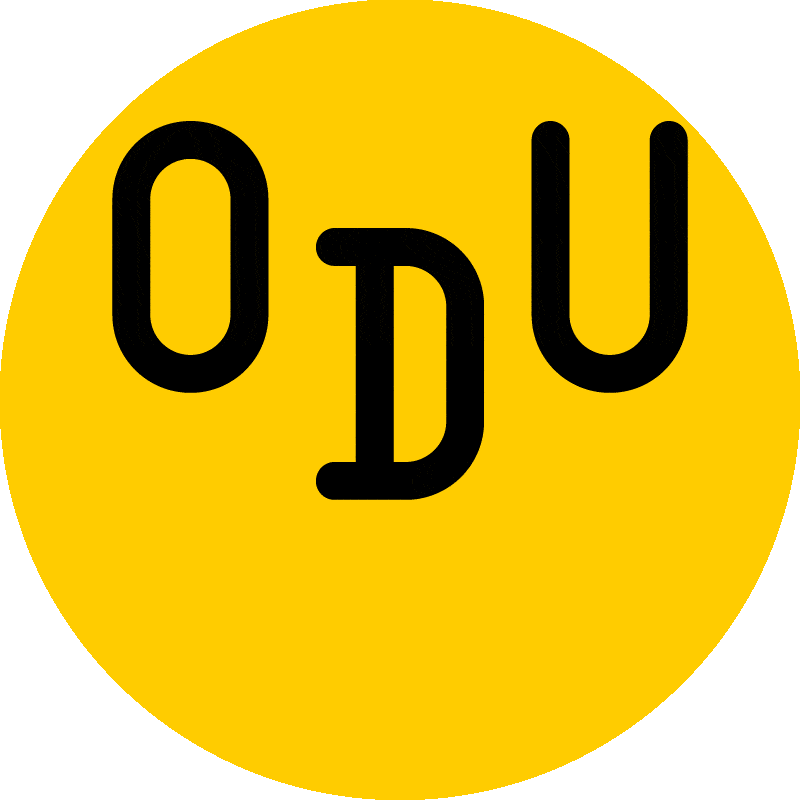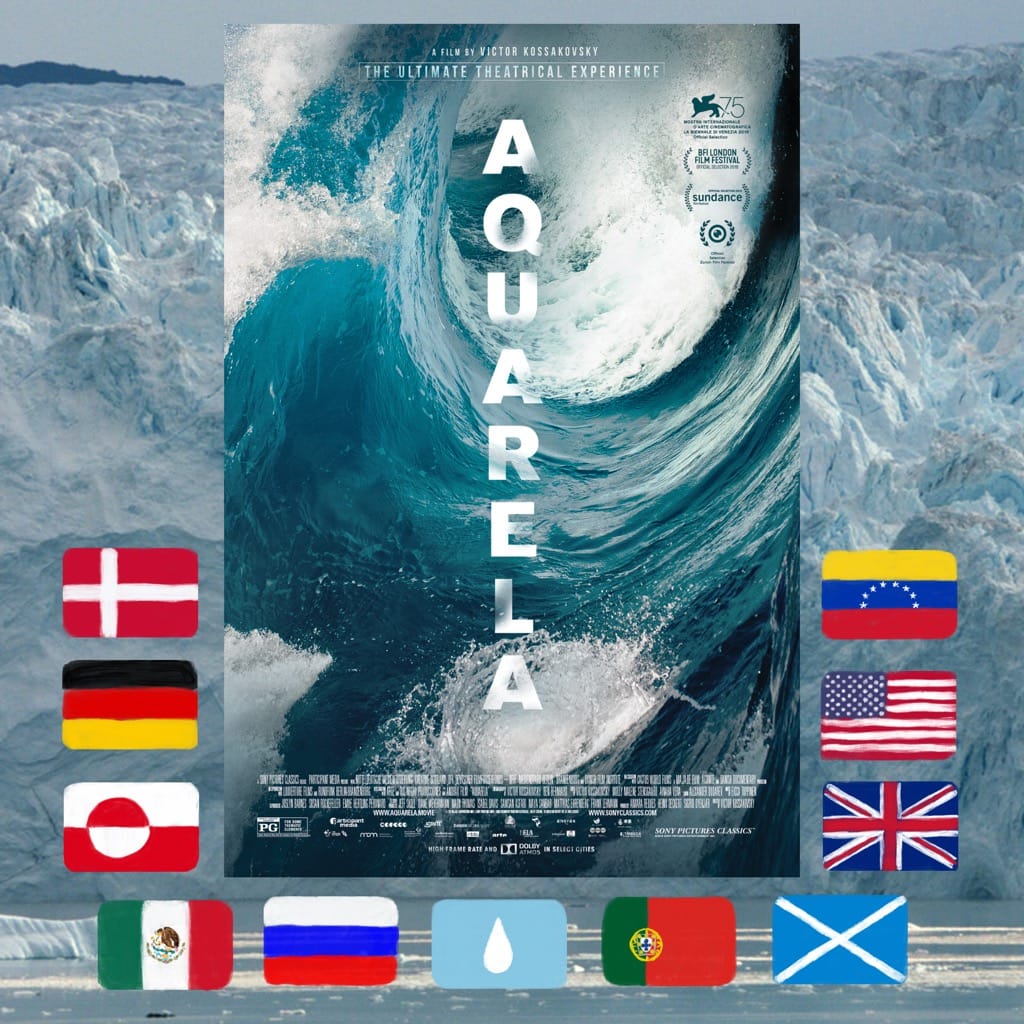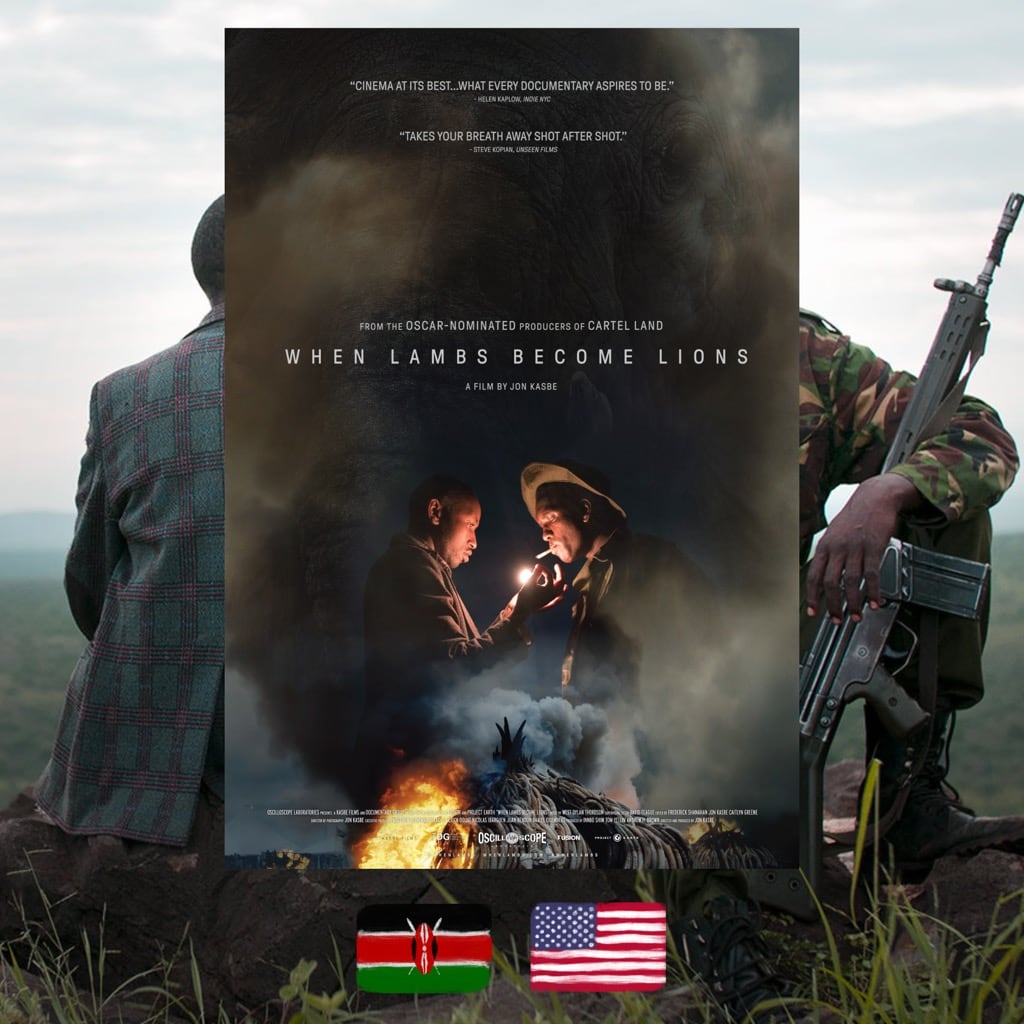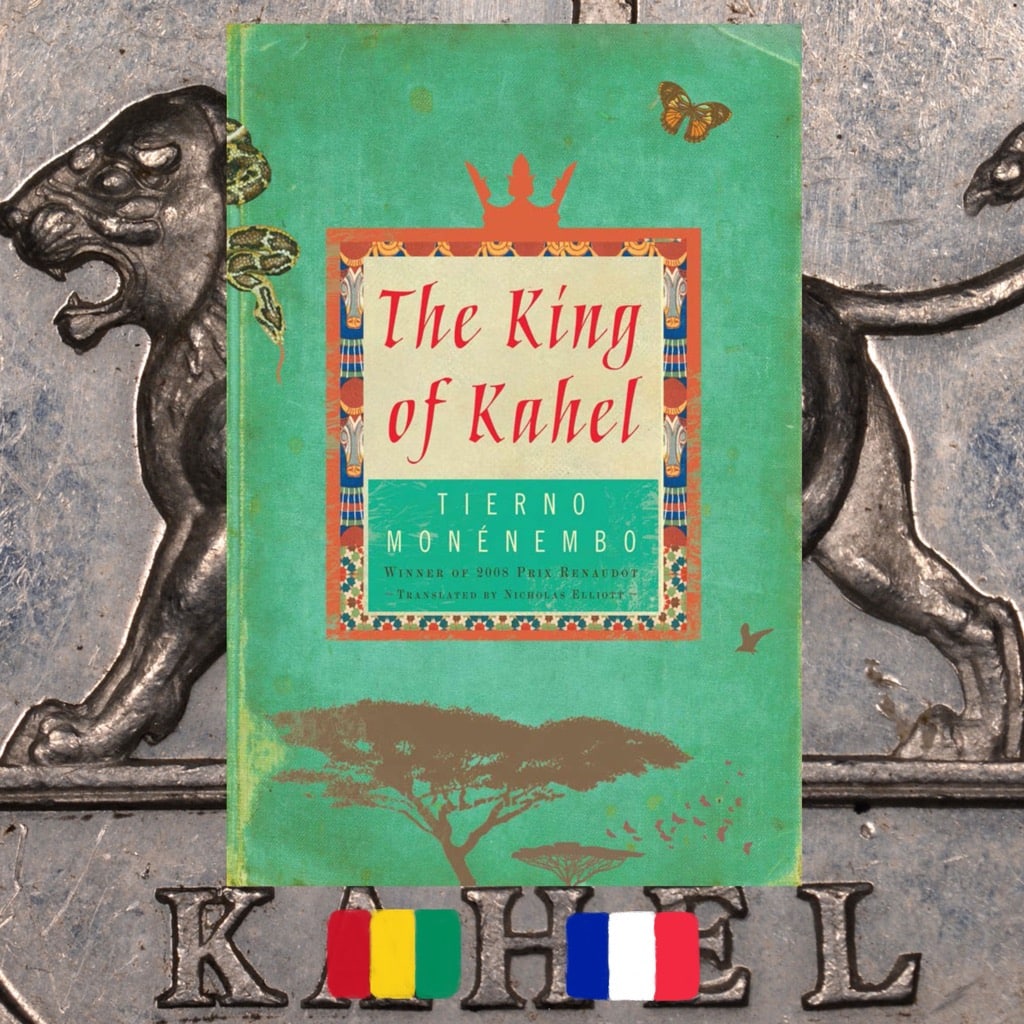It might seem like the planet and humanity are taking a break.
But it doesn’t mean we’re not together anymore.
And the human influence on the earth’s ecosystems continues even though you may not have seen a body of water for at least two weeks.
For instance, the recycling industry has slowed down and made it harder to be sustainable for everyone.
It’s not as easy to care about the struggle in faraway nations when your own is imploding, with unemployment skyrocketing, and no good prospects in sight.
And of course, there’s “Tiger King,” which desensitizes us to lack of regulations to curb animal suffering through shifting the focus to obnoxious human behavior.
There’s no better time than now to think of the bigger picture, and consider how we as humans can do better for ourselves and the planet once we re-emerge from self-isolation.
An excellent place to start is by opposing how capital sacrifices the planet’s resources and humans for gain.
We have an awesome refresher on the topic, so dig in.
Here’s our map for the week:

Now that we’ve seen how the world can unite around the idea of protecting ourselves, it’s time to take the same action to protect the environment we inhabit. Victor Kossakovsky’s “Aquarela” is a dazzling and crucial reminder of how important the water systems are to our world, how powerful and unexpected they can be, and how we need to make sure to treat them right.
FROM RUSSIA, WATER, DENMARK, GERMANY, GREENLAND, MEXICO, PORTUGAL, UK, USA and VENEZUELA:
Water Tells Its Own Story–‘Aquarela,’ dir. Victor Kossakovsky, 2019
An elegiac documentary with an urgent message about climate change centers the narrative around aquatic bodies and lets the environment speak for itself
A lot of the narratives about poaching focus on the fight against it, with the good players (conservationists) and the bad players (poachers) on the two contrasting sides of the equation. But “When Lambs Become Lions” looks at the gray zone, where the moral imperative to protect the endangered species is weakened by the crumbling economy and the poverty it causes.
FROM KENYA and UNITED STATES:
Moral Lines Blur in Illegal Kenyan Elephant Poaching—‘When Lambs Become Lions,’ dir. Jon Kasbe, 2018
Director Jon Kasbe spent four years in Kenya befriending both elephant poachers and the rangers fighting to stop them. Together, they created a human and honest narrative of morality’s murkier areas

Colonization takes different forms today, but the absurdity and opportunism of it remain unchanged. “The King of Kahel,” a fascinating Guinean novel that blends adventure, post-colonial theory, and a healthy dose of satire, is a window into the mind of the colonizers and their justifications.
Guinean author subverts the traditional colonizer narrative by crafting a tragicomedy about a Frenchman who wanted to be an African king; offers an unflinching look into the mechanics of occupation
There are so many uncertainties in the world today.
But this massive upheaval means that we can reemerge renewed.
And what better way to do it than move forward by exercising our, the people’s authority over capital?
It’s stark and clear that the economy can not function without us.
So why don’t we demand that it work of us, not against us?
To protect the environment and slow down climate change.
To take care of the people so they, in turn, could take care of the animals.
To enhance and support communities instead of overtaking them.
It would be a better world, wouldn’t it?
And while we all regroup for this fight, we wish much health to you and your loved ones.
Hope you enjoy Supamodu and feel compelled to forward this email to your friends.
Thank you for being with us! 💛
— Katya Kazbek,
editor-in-chief













